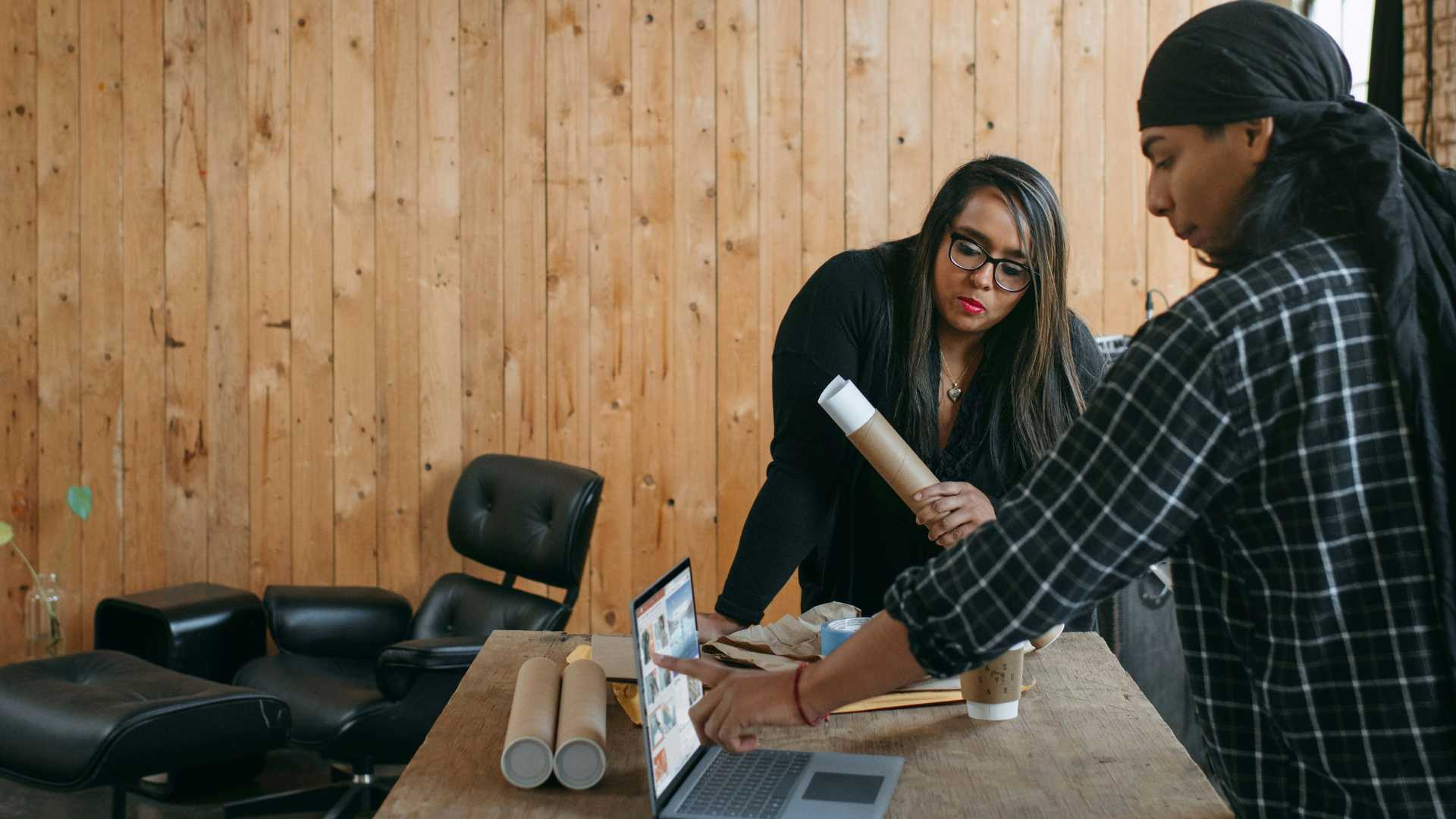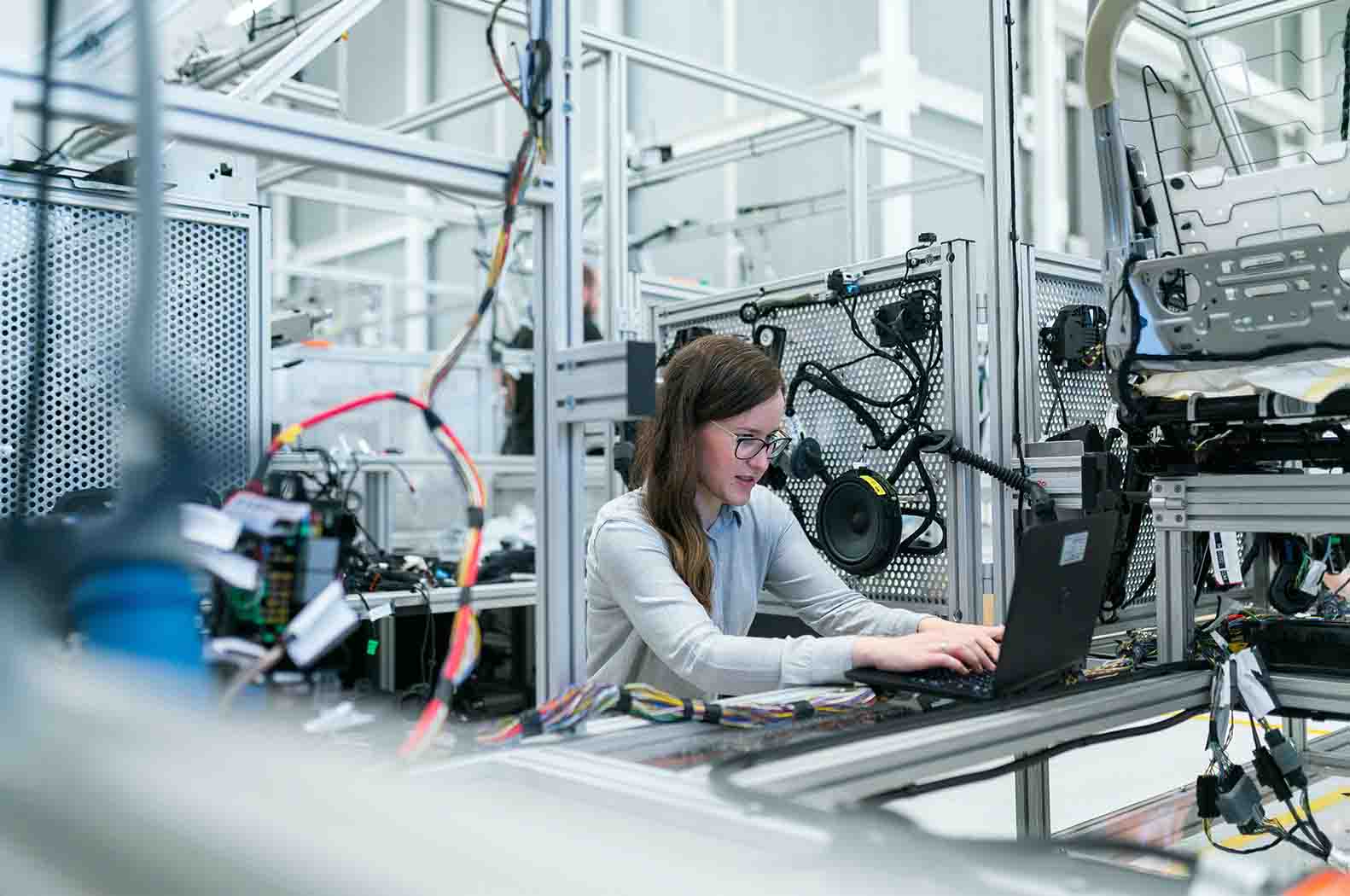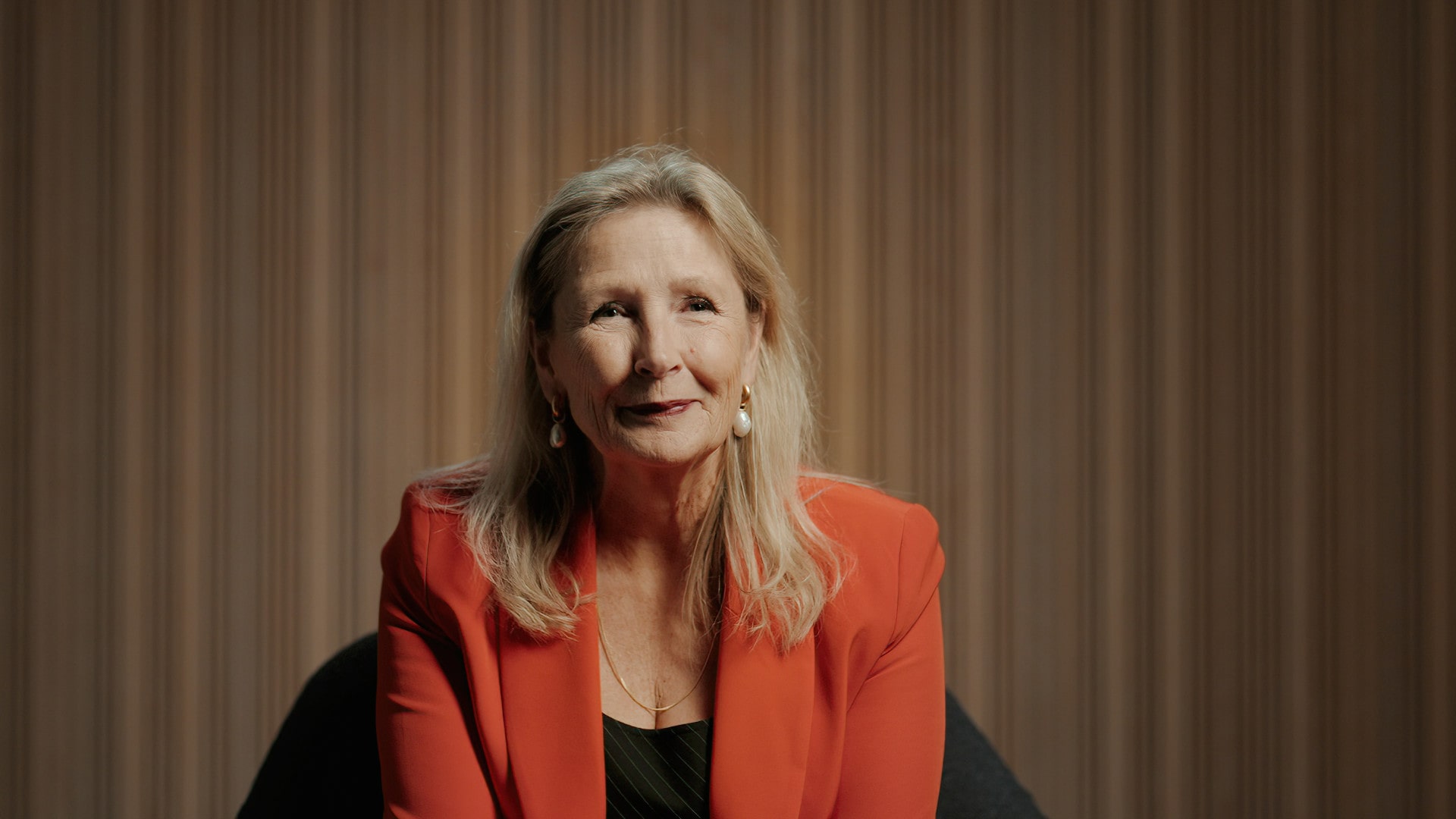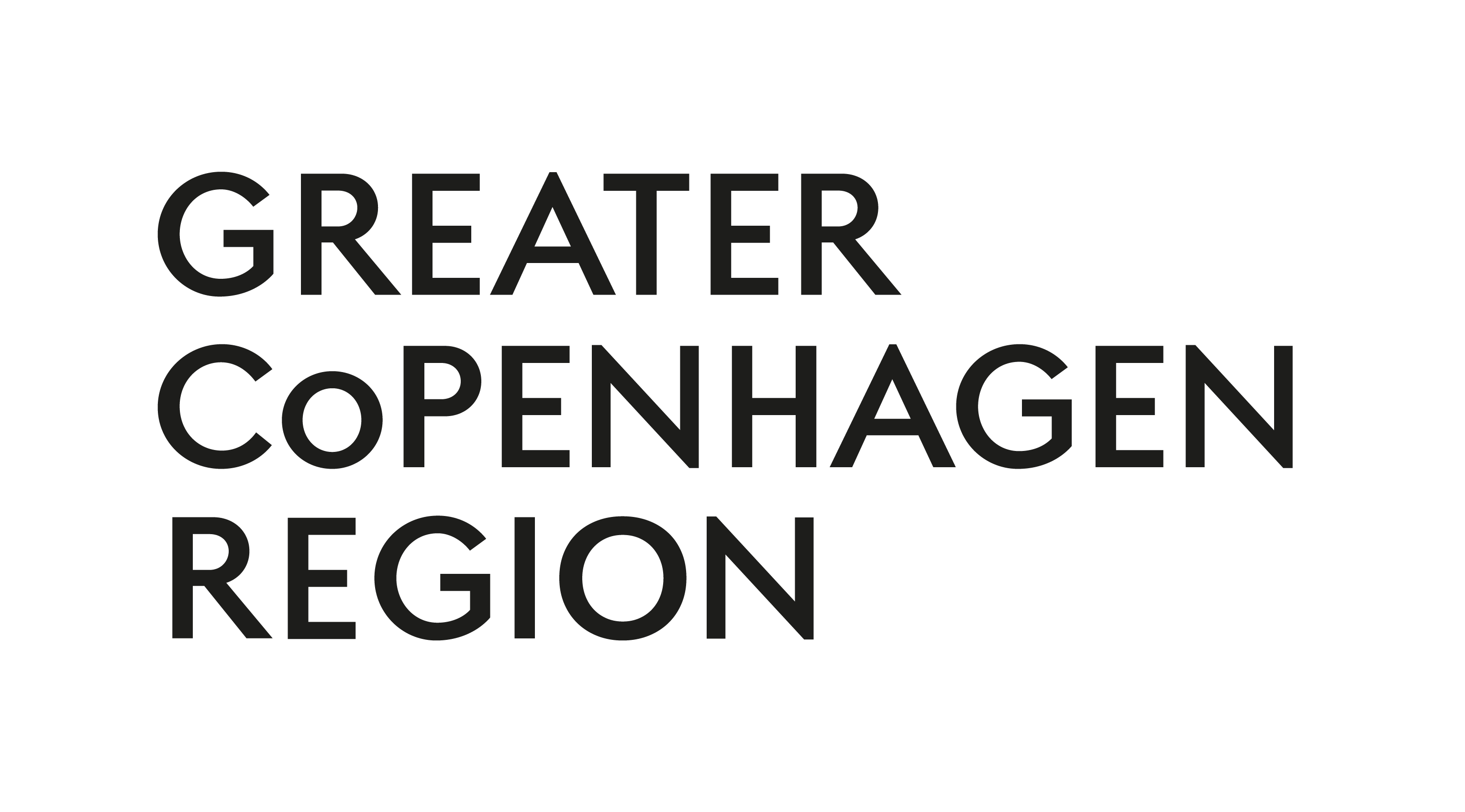
3 things you need to know about working in the Greater Copenhagen Region
Many businesses in the region are hiring international talents like you. But how can you thrive professionally in Greater Copenhagen Region?
A survey published by Statistics Sweden in December 2023 showed that roughly 8 out of 10 employers lack highly educated employees in automation, transport, and Information and Communication Technology.
Comparably, 8 out of 10 employers expect increasing hiring needs in the engineering sector in the next three years. Highly educated employees in electrical engineering, energy production, electronics, data science, and automation are especially needed.
Denmark experiences a similar lack of employees. According to Statistics Denmark, the trade and transport sectors, as well as the business service sector, lack fitting employees.
Additionally, Work in Denmark lists the sectors Engineering, ICT & Robotics, Life science, and Finance and Business as industries with ample job opportunities. In the third quarter of 2023, almost 4.500 job vacancies in Region Zealand weren’t filled. This is despite Denmark experiencing an all-time high in employment rates, with more than 3 million people actively participating in the labour market.

Photo: this is engineering
The benefits of diverse teams
Statistics like that clarify that we have exhausted the opportunities within the national labour market and need to look abroad.
Hiring highly skilled employees from abroad comes with many benefits. In our article Innovation over Bias, we have already explored that teams of all genders and diverse ethnical backgrounds can include more multifaceted aspects into their decision-making process and hence deliver end products that will serve a more diverse range of people equally well.
Federica, owner of the Malmö based Intercultural Lab, explains: “Professional inclusion is a win-win for everyone involved. But inclusion must be more than a pure need. Companies must want to be inclusive employers. This is an important preliminary that many of the companies in the region have already fulfilled.”
Statistics like that clarify that we have exhausted the opportunities within the national labour market and need to look abroad.
Many companies in the Greater Copenhagen Region have already understood this. They are allocating means to make their vacanies accessible for internationals and invest in, for example, professional cultural training or a holistic hiring approach. What does this mean, you wonder? We have asked Federica, owner of the Malmö based Intercultural Lab, to share her view on why working in the region is absolutely worth it – from a human perspective and what you can do to improve your job chances in the region.

Photo: Frederica Viero
Use the "cultural job application"-method
“The first and most important thing to do when searching for a job in a different country is to take the cultural side of job-searching seriously. Applying abroad can require a different skill set, and mastering that skill can make a huge difference in your chances of landing a job.
In the Scandinavian approach, it is super important to build a network. So even before you want to move and start applying for jobs here, you should contact relevant people at the company and establish contact.
Soft skills are another thing that is often neglected, especially in highly technical jobs. People applying for technical jobs often simply list: I can do that, that, and that. But here, the person hiring also wants to see who you are beyond your job skills. You should include a short bio in your CV, which contains your career aspiration or your vision for the specific company and role.
Lastly, although it may seem counterintuitive to some, employers in the region want to see a picture on your CV. This is not to discriminate, but because they understand that a human is more than career steps and professional skills. With an image, they feel they get a better understanding of who the person is."
A holistic hiring approach
“When a company hires a person from abroad, in many cases, it won’t be the only person who will relocate to another country.
Often, highly educated people or people with many years of experience in their field bring spouses and children.
It’s obvious. A person is not just their job and career stages. I have observed that companies are becoming better and better at seeing employees as people who are all-around with their whole lives.
People didn’t only grow in their careers. Over the years, they also developed in their private life, maybe found a partner and started a family. It is important to acknowledge that because if the family isn’t working, the employees are at risk of returning to their home countries or moving elsewhere.
It's really great to see that companies in the region put more and more effort into, for example, spouse support. If you as an international have an interview with a company here, feel free to ask what they do in terms of spouse support."

Photo: iStock
Getting familiar with the region's leadership style
"Back in 2020, during the COVID-19 pandemic, I had a leader of a company contact me. The person wasn’t Swedish but was relocated here to run the Scandinavian division of the company with a team that was 90% Swedish. The leader actually made a very culturally intelligent impression on me; however, they still struggled quite a lot when they relocated to Sweden. It’s important to mention that that person came from a culture with a command-and-control leadership style.
So, that CEO contacted me because they ran into seemingly an unsolvable issue with the team over some high-adjustable tables for their employees' home office – remember, it was during COVID times, so everybody worked from home for months. When the employees requested those tables, the CEO simply replied: “No way. It’s way too expensive”. After that, they could sense that there was a shift in the dynamics of his team. So they reached out to me and asked what they could do.
It's a classic example of the region’s typical inclusive leadership style. Here, your leader usually doesn’t just decide for you what’s possible and what’s not. Those decisions are usually taken as a collective. Considering this, I suggested that the leader simply call a meeting and let everybody share their opinion on the matter – even if it’s clear there is no money to buy those tables right from the beginning. By just letting everybody share their idea or opinions, people will feel seen and understood, and it will be much more likely they will accept what every decision was taken in the end.
It seems counterintuitive to spend time on meetings when the end result seems to be clear from the start. However, this approach will create a lot of trust between the leader of a company and their employees."

Photo credit: Standsome
1. Checking in
We take great pride in treating everyone in the Greater Copenhagen Region equally.
Our flat hierarchies at the workplace result from the belief that nobody is better than the other. We even have a name for it: the Jante Law.
However, we don’t always do our international colleagues a favour by simply “living by the law”. Instead, we have to acknowledge that our international colleagues are different: they don’t necessarily speak the language, have a different outlook on hierarchies, or are simply divergent.
Checking in regularly in a safe space, e.g., via a regular 1-on-1 meeting, shows great potential to create the feeling of belonging to the company.

Photo by Thomas Svanholm Fink
2. Again, Check-in, but this time with your company
Check-ins with international employees only are not enough. You and the company have to be ready and open, too.
Look at your onboarding process and ask yourself: Do you include onboarding topics relevant to non-Danish or non-Swedish employees? What is the general company culture like? Could you improve certain aspects?
3. Watch your language
True inclusion emerges when employees can chat and communicate outside official work tasks. Specifically, companies with predominantly national employees tend to switch to their native language when the conversation turns into a chit-chat rather than an official meeting. This might quickly lead to the exclusion of international employees.
Switching the company language from one to the other is undoubtedly a process that will take time. The first step could be to ensure that all working materials and official communication, such as all-hands meetings and emails, are available in English.

Photo by Thomas Svanholm Fink
4. Workshops
A great way to include internationals and their differing way of thinking and tackling projects, as well as reach a common ground for everybody in the company, is to provide workshops. Such workshops could be centered around the company's main values, culture, or work habits.

Photo by Thomas Svanholm Fink
Frederica Viero
Originally from Milan, Italy, Frederica has moved to many countries before settling in Malmö/ Sweden almost 10 years ago. She worked for close to 20 years in corporate roles before becoming self-employed and founding the 'Intercultural Lab'. Frederica focuses on intercultural training for executives and coaching for leaders, employees, and spouses. Additionally, she teaches intercultural negotiation at grad level at Lund University. Her client base extends across Skåne and the Copenhagen area.
Greater Copenhagen Region is a place of endless opportunities for businesses and people alike. A place to live grow and evolve.
- Top-quality of life
- Great for doing business
- Highly educated population
- Excellent infrastructure
- Direct proximity to two markets
- Lovely pastries


About Greater Copenhagen Region
Greater Copenhagen Region stretches over the borders of Denmark and Sweden. With 4.4 million inhabitants and 17 universities, it’s the largest metropolitan area in the Nordics and a global hub for growth, sustainable solutions and innovation. The region offers world-class research facilities and a creative business environment. Outstanding infrastructure makes Greater Copenhagen Region highly connected via rail, road, air and sea. The two main cities of the region, Sweden’s Malmö and Denmark’s Copenhagen are just a half hour train-ride apart. Its strategic location makes Greater Copenhagen Region the link between 25 million consumers in Scandinavia and 125 million in Northern Europe.
